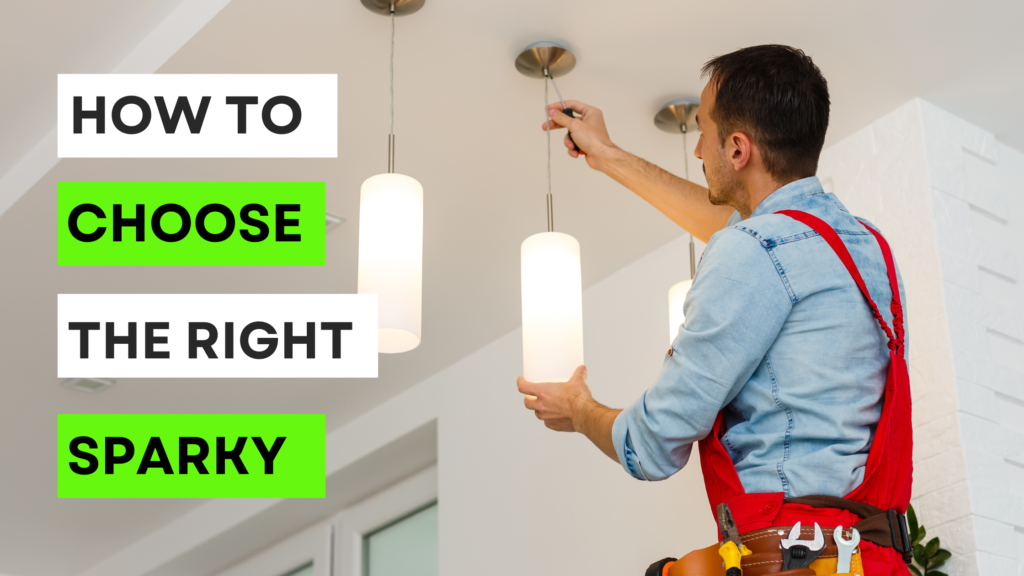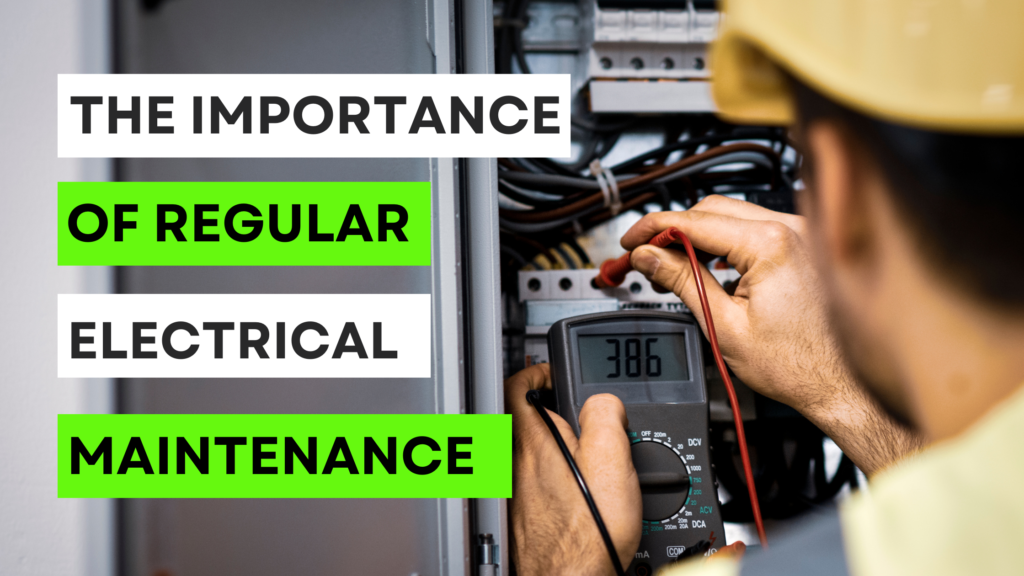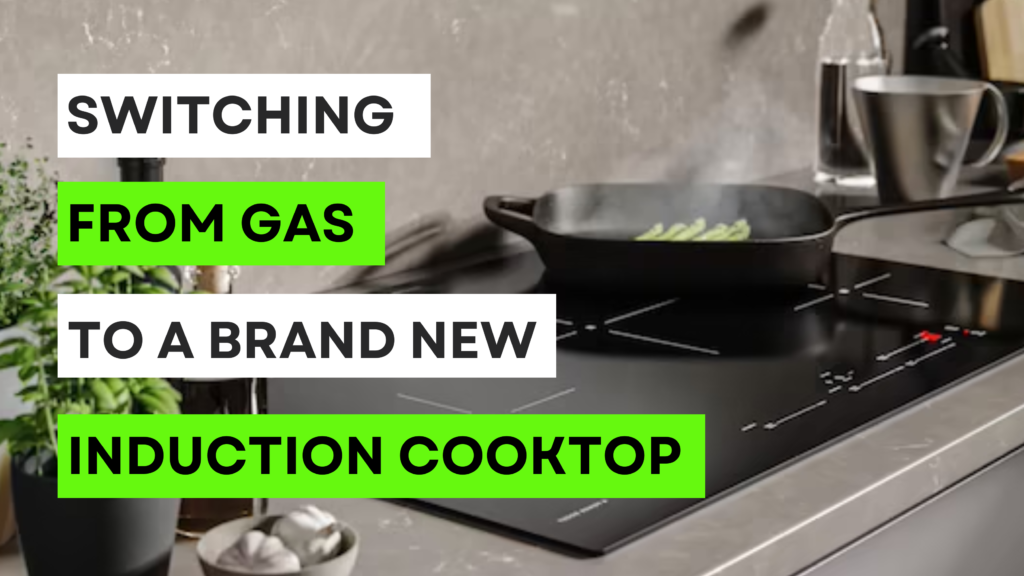Did you know that a significant portion of your household’s energy consumption comes from appliances and equipment? In fact, they account for about 33% of the average home’s energy use. By making a few adjustments in how you use these devices, you can reduce your electricity usage and save money. Here are some practical tips to help you get started.
Kitchen Tips for Energy Efficiency
Ditch the Dishwasher Drying Cycle: Instead of using the dishwasher’s drying function, let your dishes air dry on a rack. You can also use the eco setting on your dishwasher and finish drying with a tea towel.
Optimize Fridge Temperature: Set your fridge temperature between 3°C and 5°C. Each degree cooler than necessary can increase energy use by 5%, which translates to an extra $5 per degree per year on your energy bill.
Smart Placement of Fridges and Freezers: Keep your fridge and freezer in a cool spot, away from heat sources like garages, sheds, or direct sunlight. This reduces the amount of energy they need to maintain cool temperatures.
Avoid Overstuffing: Ensure there’s about 20% free space in your fridge and freezer to allow for proper air circulation. This helps your appliances run more efficiently.
Fill Empty Space: If you have extra room in your fridge or freezer, fill it with bottles of water. This helps maintain a stable temperature when the door is opened.
Check Door Seals: Test your fridge’s door seal by closing the door on a piece of paper. If it stays in place, your seal is good. If it slips, you may need to replace the seal to ensure cold air isn’t escaping.
Use the Microwave: Reheat food in the microwave instead of using the stove or oven. This not only saves energy but also reduces cooking time.
Choose a Toaster Over an Electric Grill: Toasting bread with a toaster uses about 75% less energy than using an electric grill.
Boil What You Need: Only fill your kettle with the amount of water you need to boil. This reduces the energy required to heat the water.
Efficient Boiling: Boil water in the kettle instead of on the stove. Once the water is boiled, transfer it to your pot and then continue cooking on the stovetop.
Turn Off Spare Fridges: If you have an extra fridge or freezer that you’re not using, especially in winter, turn it off to save energy.
Living Room Energy Savers
Limit TV Usage: Large-screen TVs can use more energy than a family-sized fridge if used for long hours. Try to reduce viewing time and always turn off the TV at the wall when it’s not in use.
Adjust TV Settings: Newer TVs have ECO viewing options. Disable the ‘quick start’ option and ‘movie mode’ to cut down on power consumption.
Opt for Smaller Screens: Use a smaller TV for everyday viewing or switch to a tablet or laptop for watching shows and news.
General Energy-Saving Tips
Use Power Boards: Invest in power boards to easily turn off multiple appliances at once, especially those that are hard to reach. This also helps manage standby power usage.
Unplug Chargers: Chargers continue to draw power even when not in use. Unplug them from the wall when your devices are fully charged.
Eliminate Vampire Power: Appliances left plugged in can still consume electricity. Turn off all appliances at the wall to reduce your electricity usage by up to 10%.
Choose Laptops Over Desktops: Laptops generally use less energy than desktop computers. Regardless of which you use, make it a habit to shut down and unplug your computer when it’s not in use.
Do you live in Inner West suburbs like Balmain, Newtown, Marrickville, or St George suburbs like Hurstville, Kogarah, Rockdale, and need a local electrician you can trust? Give us a call today on 9477 2550. We’re here to help you make your home more energy-efficient and save you money on your electricity bill.
Do you live in Inner West suburbs like Balmain, Newtown, Marrickville, or St George suburbs like Hurstville, Kogarah, Rockdale, and need a local electrician you can trust? Give us a call today on 9477 2550. We’re here to help you make your home more energy-efficient and save you money on your electricity bill.






